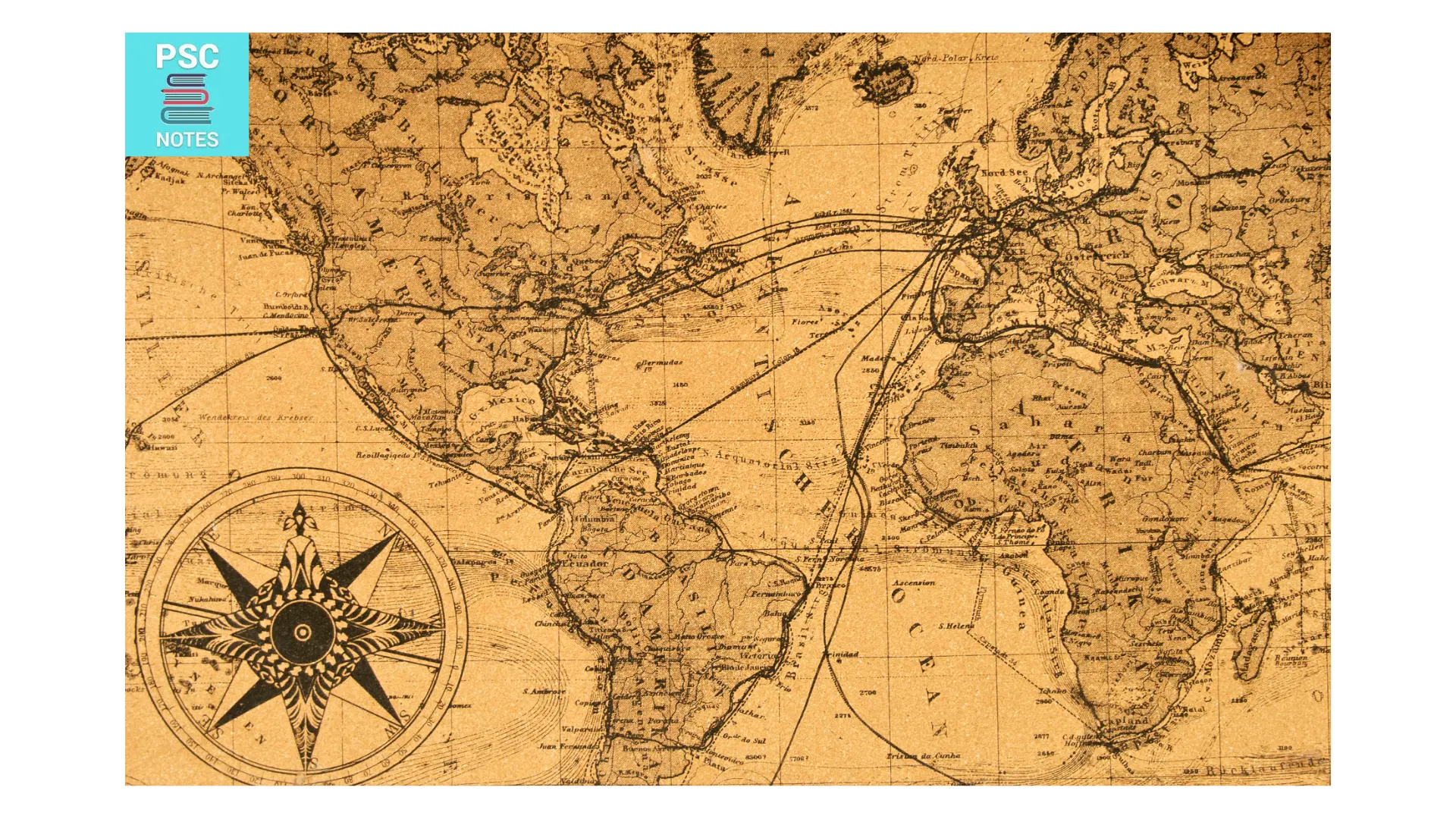Separation of powers
The doctrine of the Separation of Powers finds its roots in the ancient world, where the concepts of governmental functions, and the theories of mixed and balanced government, were evolved. These were essential Elements in the development of the doctrine of the separation of powers. Their transmission through medieval writings, to provide the basis of … Read more
